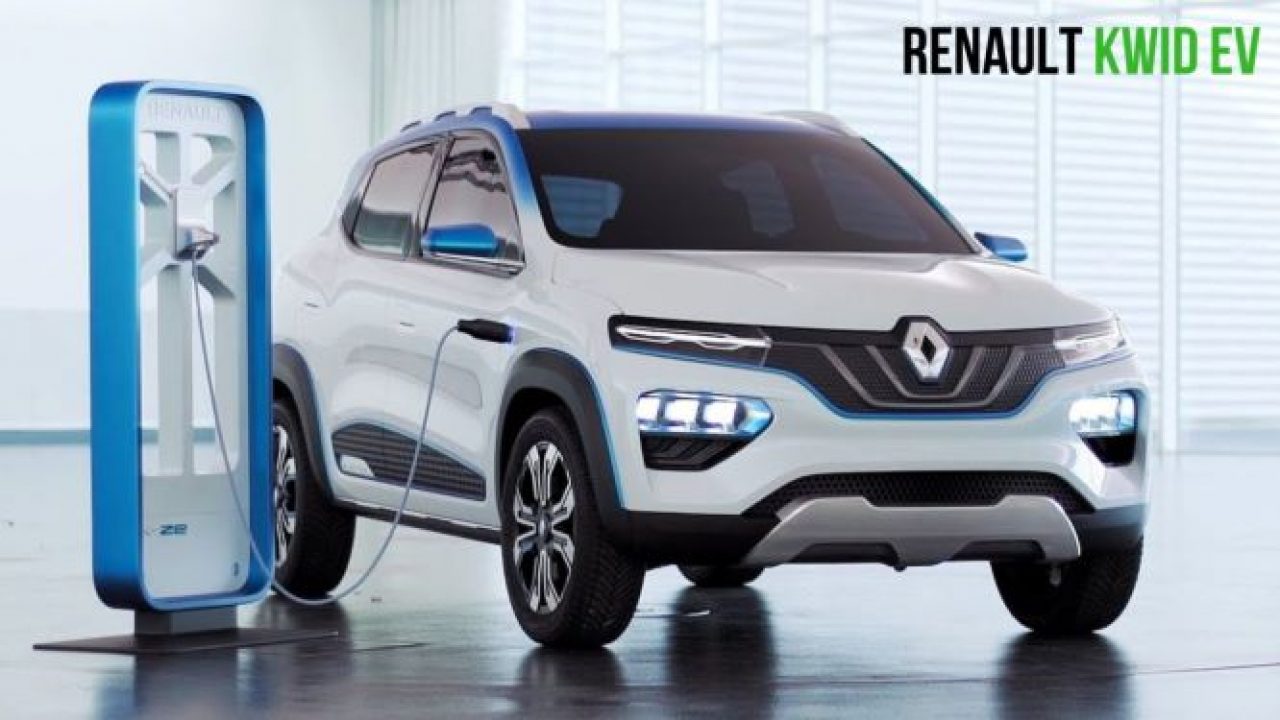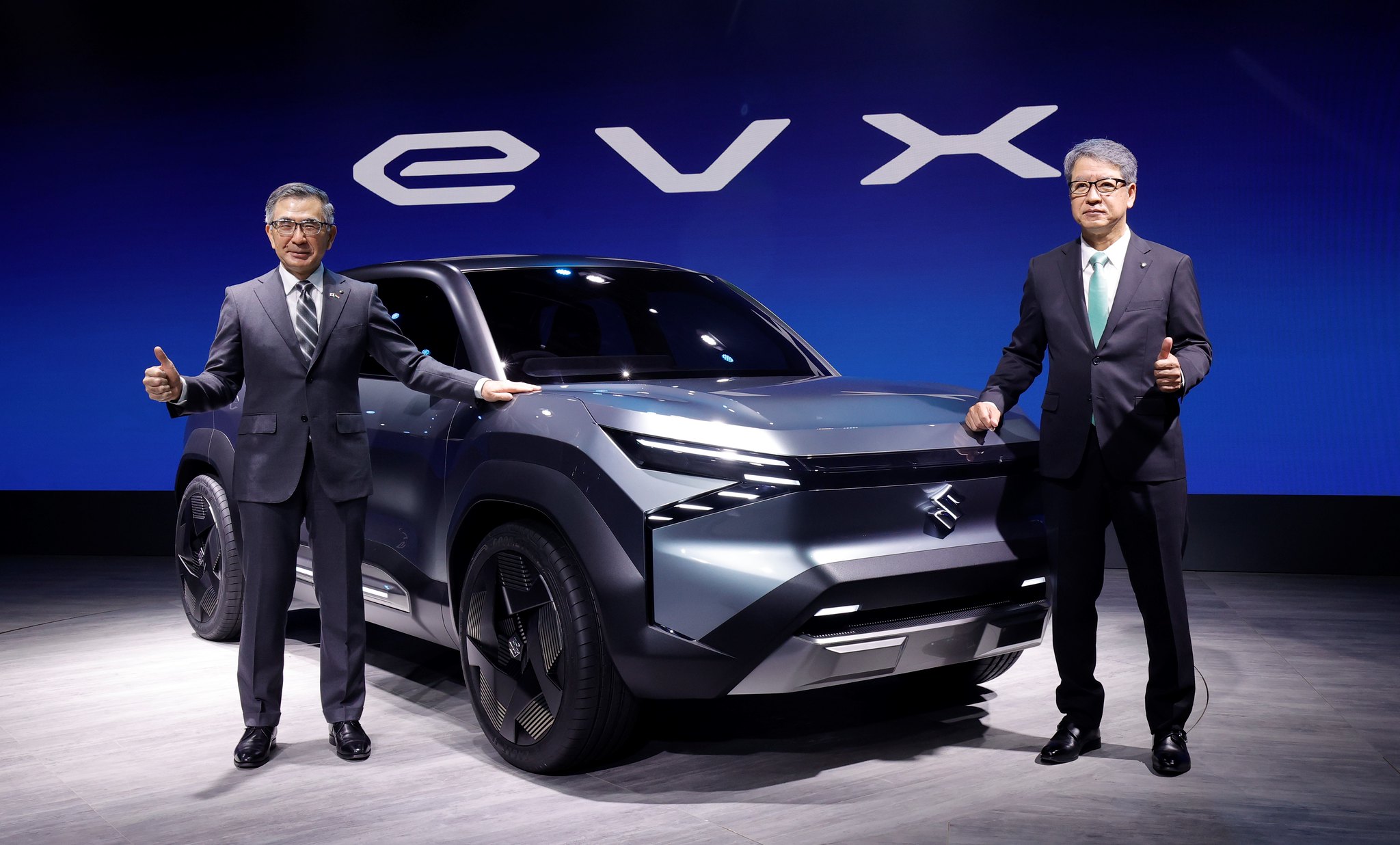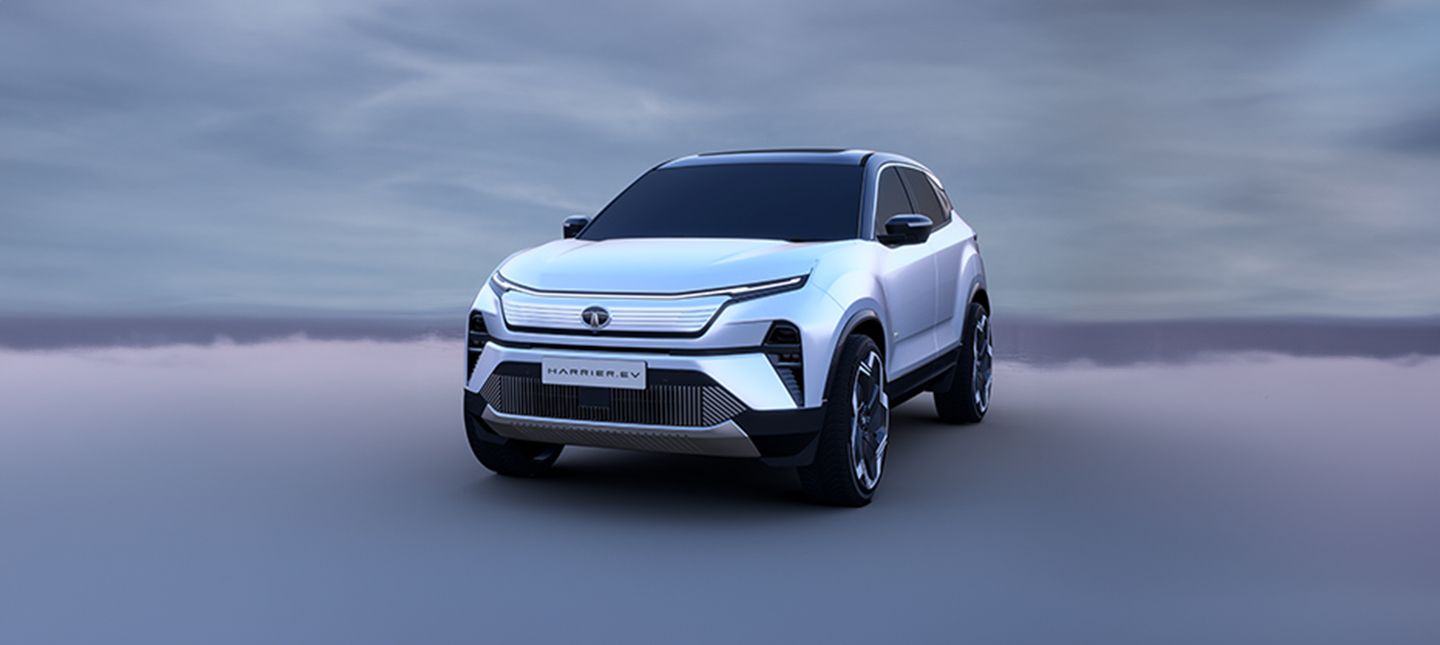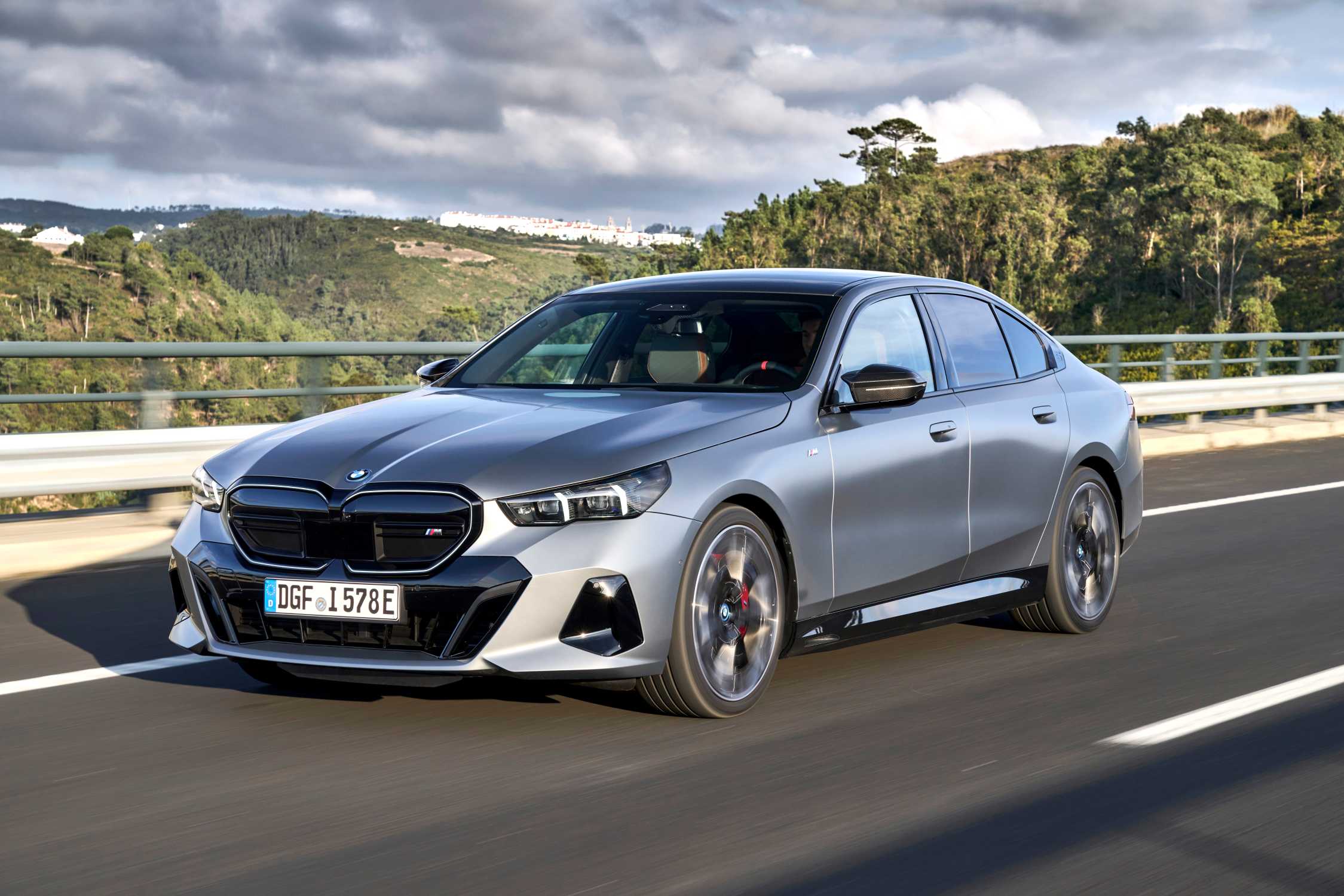Renault’s Electrifying Update: Kwid EV Confirmed with Localized Manufacturing and Battery Packs
Renault is gearing up to launch the Kwid EV in India within the next 9-12 months. Priced below Rs 10 lakh, this electric vehicle will utilize a modified version of the existing Kwid architecture, which Renault already manufactures locally. The Kwid EV is anticipated to sport distinctive design elements, such as revised bumpers, lights, and grille, to enhance its electric vehicle aesthetics compared to the conventional Kwid models available in the market.
The Kwid EV is presently marketed in China and Europe under different brand names like Dacia and Dongfeng. Its appeal to Indian consumers is expected to stem from its blend of exceptionally low operational expenses, competitive pricing for an electric vehicle, generous interior space, and crossover-inspired design.
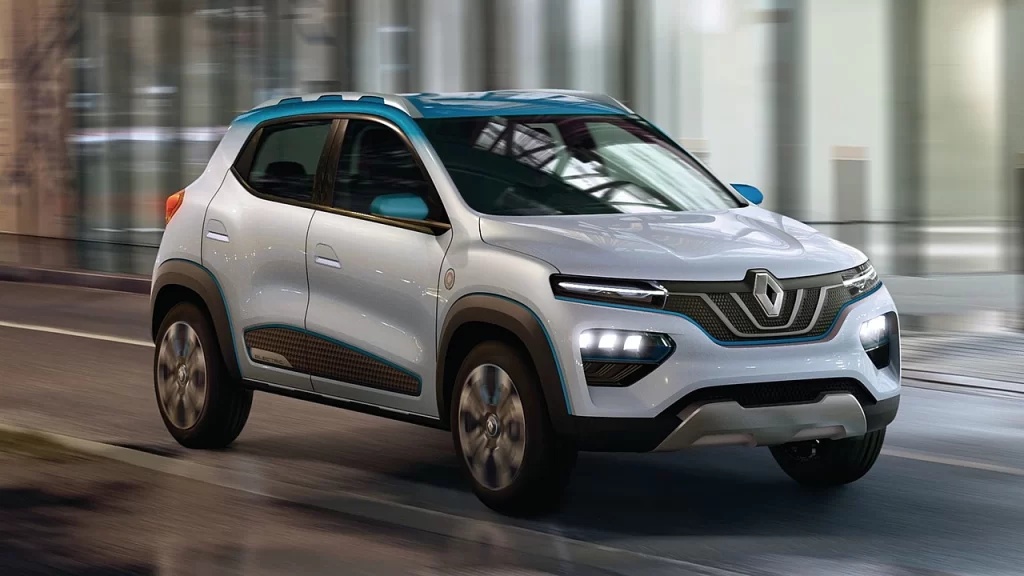
In other markets, the Kwid EV undergoes notable alterations compared to its internal combustion engine (ICE) counterpart. These modifications include the removal of the rear-mounted fuel tank, installation of a flat floor capable of accommodating a heavy battery after reinforcement, and adjustments to the suspension system to support the additional weight.
Renault’s compact EV will enter the arena alongside Tata Motors’ Tiago EV, Citroen’s eC3, and MG’s Comet, creating a diverse lineup of electric vehicles. Derived from the Dacia Spring, which in turn is built upon the Renault Kwid platform manufactured in India, this electric vehicle promises to bring a unique offering to the market.
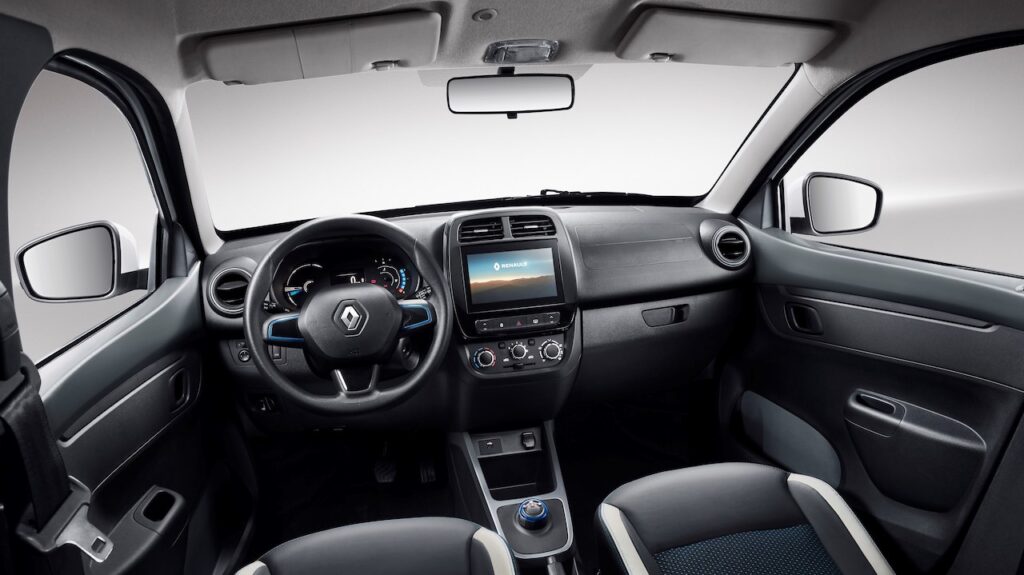
Renault Kwid EV Set to Begin with 55-60% Localization: A Boost for India’s Electric Vehicle Ecosystem
We’re moving forward with our EV initiatives,” states Venkatram Mamillapalle, Managing Director of Renault India. “The Indian EV, based on the CMF-A platform, is expected around 2024 or 2025. While we’re striving for an early launch, the exact timeline is yet to be finalized. Initially, Renault’s debut EV in India is projected to have a localization rate of 55-60%. However, the company is actively pursuing local sourcing of batteries and cells to reduce costs, aiming for greater adoption of Renault’s EVs in the future.
Mamillapalle indicates that Renault is engaged in discussions with multiple Indian vendors to procure cells and is optimistic about achieving localization of cells in the near future. He aims for over 85-90% localization once the process is fully implemented.
Unlocking the Power: Renault Kwid EV’s Battery Pack, Range, Power, and Torque
In Europe, the Kwid EV boasts a power output of 44hp and 125Nm of torque, paired with a 26.8kWh battery pack. This configuration allows for a claimed city range of 295km on the WLTP cycle. The manufacturer highlights that the battery’s compact size facilitates faster charging. However, it’s expected that specifications for the Indian variant may vary.
Renault’s confidence in the success of the Kwid EV is bolstered by various factors, with the Tiago and Tigor EVs collectively achieving sales of 50,000 units. As always, setting competitive pricing, particularly in the initial phase, will be crucial.
